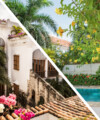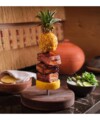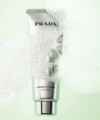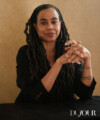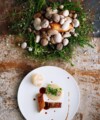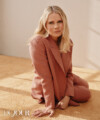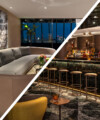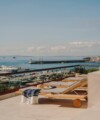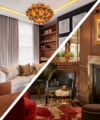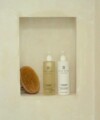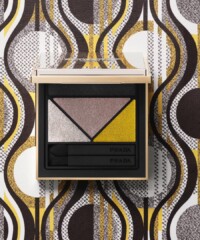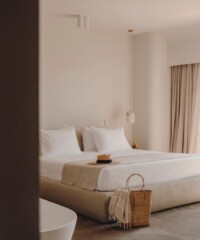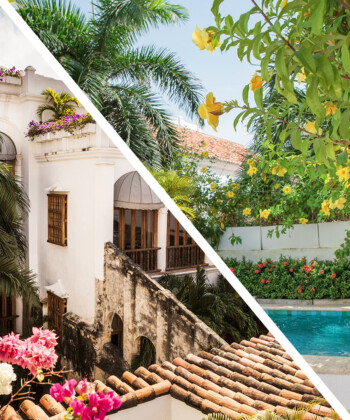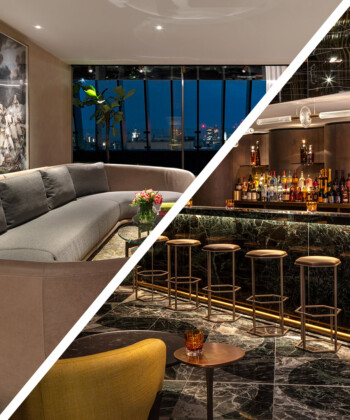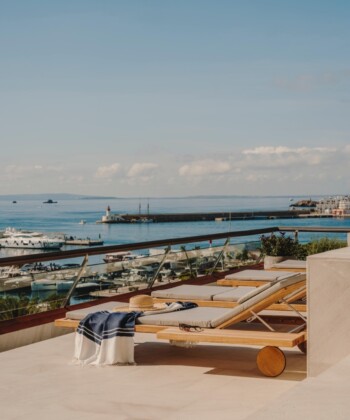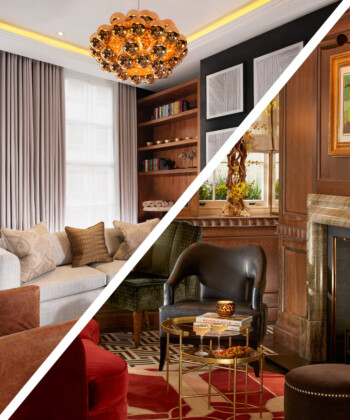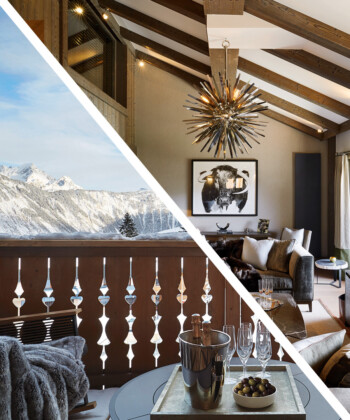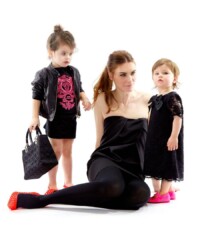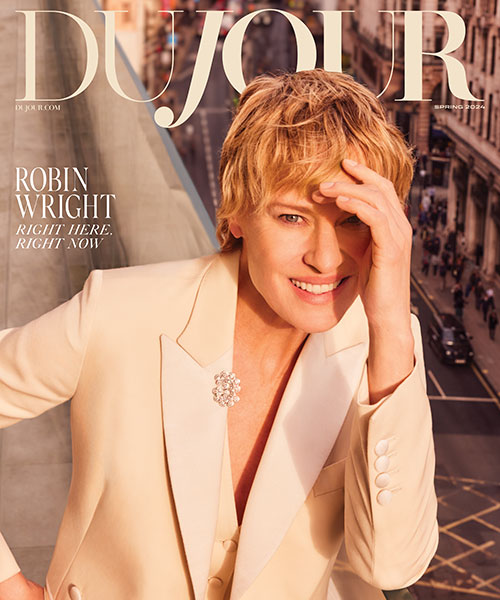 Tel Aviv, a modern city on the Mediterranean, has long been a tourist destination—complete with impersonal luxury hotels and overpriced dining. But there’s a revolution afoot, if you know where to look. Hint: Head inland.
Tel Aviv, a modern city on the Mediterranean, has long been a tourist destination—complete with impersonal luxury hotels and overpriced dining. But there’s a revolution afoot, if you know where to look. Hint: Head inland.
Touch down in this fast-changing spot, and what you’ll notice first are the construction crews. This is a city under siege, with cranes dotting the skyline. The story unfolding here daily is a dialogue between the old and the chic. A sleek glass residential, retail and office tower designed by Richard Meierrises on busy Rothschild Boulevard. The old Jaffa Flea Market is now a next-level browsing experience, with cutting-edge jewelry designers like Ruby Star. At Kitchen Market, chef Yossi Shitrit serves poached eggs with a Parmesan and white truffle foam.
Often referred to as the bubble, Tel Aviv is a city almost free of politics, a near Sodom and Gomorrah of cool. Start with the Brown TLV Hotel, the lobby of which could easily be mistaken for the set of Mad Men, featuring 30 rooms with calfskin rugs and 400-thread-count Egyptian- cotton linens. But the selling point of this hotel is the rooftop, with its Instagram-ready views of the water. “I wanted it to feel like a motel in L.A. where Faye Dunaway once stayed,” says owner Leon Avigad. Naturally, the rich chocolates on your pillow are sourced from an Israeli company, Cardinal Chocolate.
Boutique hotels in Tel Aviv are practically an epidemic. The Hotel Montefiore, housed in a 1920s mansion, has just 12 rooms—not to mention the best craft cocktail bar in town. Meanwhile, the Rothschild hotel offers a quiet escape in a city known for its deafening pulse. Says general manager Alon Levy, “We changed everything we got mad about at other hotels.”
 Nowhere do the historic and fashion-forward converge more thrillingly than in the Jaffa Flea Market, an old Arab stronghold, where men sell fresh pomegranate juice alongside Turkish coffee stalls. Home Workshop LTD—a well-curated housewares outfit that Anthropologie would be smart to loot from—operates out of a onetime carpenter’s workshop, and the building’s architecture is so old-school that it borders on Old Testament. Explains owner Nava Shamay, “You can still see seashells in the wall.”
Nowhere do the historic and fashion-forward converge more thrillingly than in the Jaffa Flea Market, an old Arab stronghold, where men sell fresh pomegranate juice alongside Turkish coffee stalls. Home Workshop LTD—a well-curated housewares outfit that Anthropologie would be smart to loot from—operates out of a onetime carpenter’s workshop, and the building’s architecture is so old-school that it borders on Old Testament. Explains owner Nava Shamay, “You can still see seashells in the wall.”
Tel Aviv is fast becoming a foodie destination. On the streets of Neve Tzedek, old standbys thrive alongside boundary-pushing outfits from chefs like Eyal Shani, whose upscale takeout spot Miznon is a smart rethink of the classic pita joint. Elsewhere, one gets the sense that the Israeli-Palestinian conflict could be at least tempered over lunch at Haj Kahil, an upscale Arabic restaurant in Jaffa where portobello mushrooms are soaked in olive oil for two days and then grilled, and the stuffed lamb—rubbed with unprocessed paprika, allspice and cardamom seeds—cooks for about nine hours. “We want the residents of Tel Aviv to be acquainted with gourmet Arab cuisine,” says chef Omar Iluwan.
There’s perhaps no greater symbol of Tel Aviv’s past talking (loudly) to its present than a pop-up store featuring wares from two up-and-coming fashion labels, Adam Gefen and the Muslin Brothers. Says Yaen Levi, of the Muslin Brothers collective, “This young city seems to have no rules or borders, and the limits are abstract. Everything is possible—and happening in front of your face.” Viva Tel Aviv.


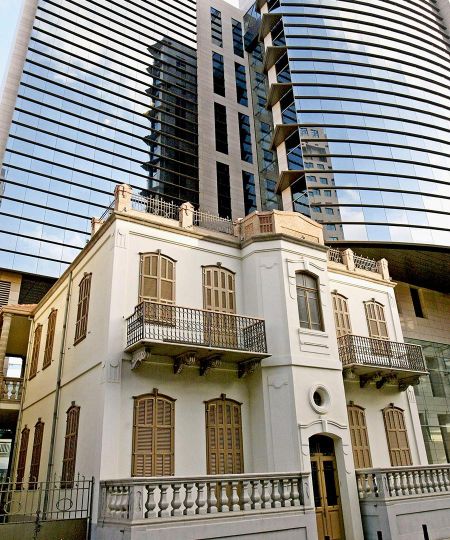
Meet Me in Tel Aviv
Hip hotels, art galleries and old-school architecture abound in Israel.
